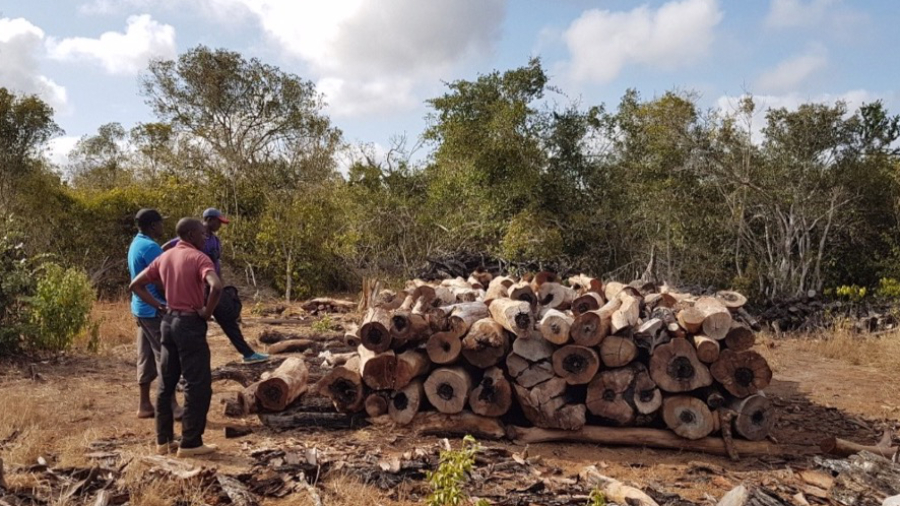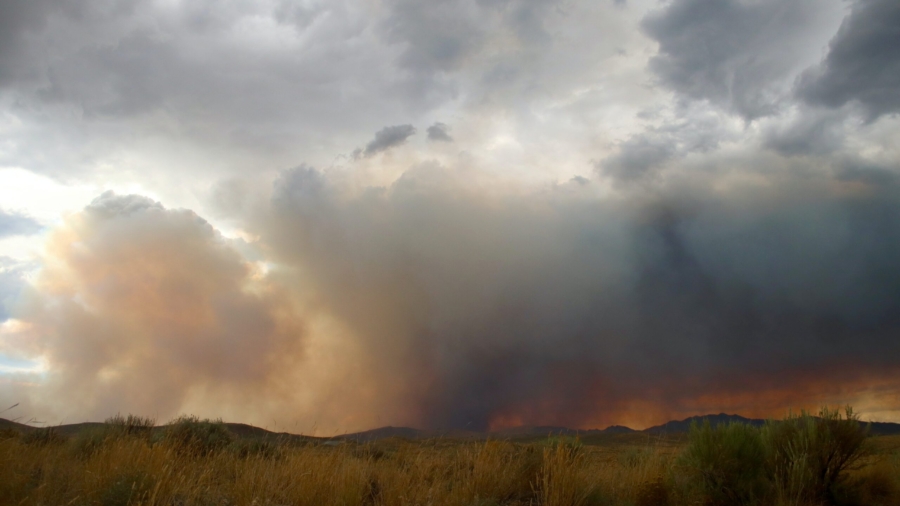Dakatcha Woodland, on the coast of Kenya, is home to a number of globally threatened species, including Africa’s smallest owl, the Sokoke Scops Owl. Yet this woodland is being destroyed at an alarming rate due to rampant charcoal burning and the uncontrolled expansion of pineapple plantations. Now with COVID-19 hitting the local economy hard and people losing their jobs, the pace of forest destruction has picked up, making the situation even more urgent.
With help from others, A Rocha Kenya has been buying blocks of forest from willing sellers and creating a nature reserve to conserve this unique landscape and safeguard its precious inhabitants. But the recent initiation of land adjudication by the government has led to intensified demand and a rapid escalation of land prices.
Already A Rocha Kenya has acquired 1,517 acres of the planned 10,500–acre A Rocha Dakatcha Nature Reserve, but there is an urgent need to secure 500 acres immediately before they are bought to be burnt for charcoal or ploughed for marginal agriculture.
Throughout the process and as part of A Rocha Kenya’s community conservation approach, the team are involving people adjacent to the reserve in the sustainable management of their land, teaching in schools and churches and introducing restorative farming and income-generating activities such as honey production.
Read more about Dakatcha and how you can help.

